Effects of Alzheimer's disease on brain

Your brain is the control center of your entire being. It’s responsible for everything you think, feel, and do. But what happens when this incredible organ starts to malfunction? Alzheimer’s disease, the most common form of dementia, disrupts the delicate communication network within your brain, leading to a decline in memory, thinking, and daily function.
This blog post dives into the world of brain health, exploring how Alzheimer’s affects your cognitive abilities. We’ll break down the key players in your brain, how they work together, and what happens when Alzheimer’s disrupts this vital communication system.
The Busy World Inside Your Brain
Imagine your brain as a bustling city. Billions of specialized cells, called neurons, act like messengers, constantly sending and receiving information through electrical and chemical signals. These messages travel across intricate networks, allowing you to learn, remember, reason, and perform daily tasks.
Key Players in Brain Function
- Neurons:
Think of these as the information highways of your brain. Each neuron has three main parts - Cell body:
The central hub, containing the blueprint for all the neuron’s activities. - Dendrites:
Branch-like structures that receive information from other neurons. - Axon:
A long, cable-like structure that transmits messages to other neurons. - Glial Cells:
These are the unsung heroes of the brain, providing support and nourishment to neurons. Different types of glial cells perform various functions, like clearing waste and maintaining the blood-brain barrier, which protects the brain from harmful substances.
Communication is Key
Healthy brain function relies on constant communication between neurons. Here’s how it happens:
- Electrical Signals:
When a neuron receives information, it generates an electrical charge. - Chemical Transmitters:
This electrical charge triggers the release of chemicals called neurotransmitters. - Synapses:
These tiny gaps allow neurotransmitters to travel from one neuron to another, where they bind to specific receptors, like a key fitting into a lock. - Network Effect:
This complex dance of electrical signals and neurotransmitters allows information to flow across vast networks of neurons, enabling you to think, learn, and remember.
Alzheimer’s Disrupts the Balance
In Alzheimer’s disease, this intricate communication system starts to break down. Here’s what goes wrong:
- Plaque Buildup:
Abnormal proteins called beta-amyloid clump together and form plaques between neurons, disrupting communication. - Tangled Threads:
Inside neurons, another protein called tau forms tangled structures, hindering the transport of essential nutrients and messages. - Communication Breakdown:
These disruptions prevent neurons from communicating effectively, leading to memory loss, confusion, and difficulty thinking. - Chronic Inflammation:
Dysfunctional glial cells might contribute to chronic inflammation, further damaging neurons. - Reduced Blood Flow:
Vascular problems can limit blood flow and oxygen supply to the brain, worsening the damage.
The Devastating Impact
As Alzheimer’s progresses, the damage spreads throughout the brain, leading to a decline in cognitive abilities. This can manifest in various ways:
- Memory Loss:
Forgetting recent events and conversations is an early sign. As the disease progresses, memory impairment worsens. - Thinking and Reasoning Difficulties:
Individuals may struggle with simple tasks like managing finances or following directions. - Personality and Behavior Changes:
Anxiety, depression, and social withdrawal are common symptoms. - Loss of Independence:
In later stages, individuals require constant care and support.
Understanding is the First Step
While Alzheimer’s is a progressive disease, early detection and management strategies can significantly improve the quality of life for patients and their families. If you’re concerned about your memory or the cognitive abilities of a loved one, don’t hesitate to consult a healthcare professional. Early diagnosis allows access to treatment options that can slow down the progression and provide valuable support systems.
Remember, you are not alone in this journey. By working with NeuroCogniAI healthcare team and staying informed, you can navigate the challenges of Alzheimer’s with knowledge, compassion, and a focus on living well

